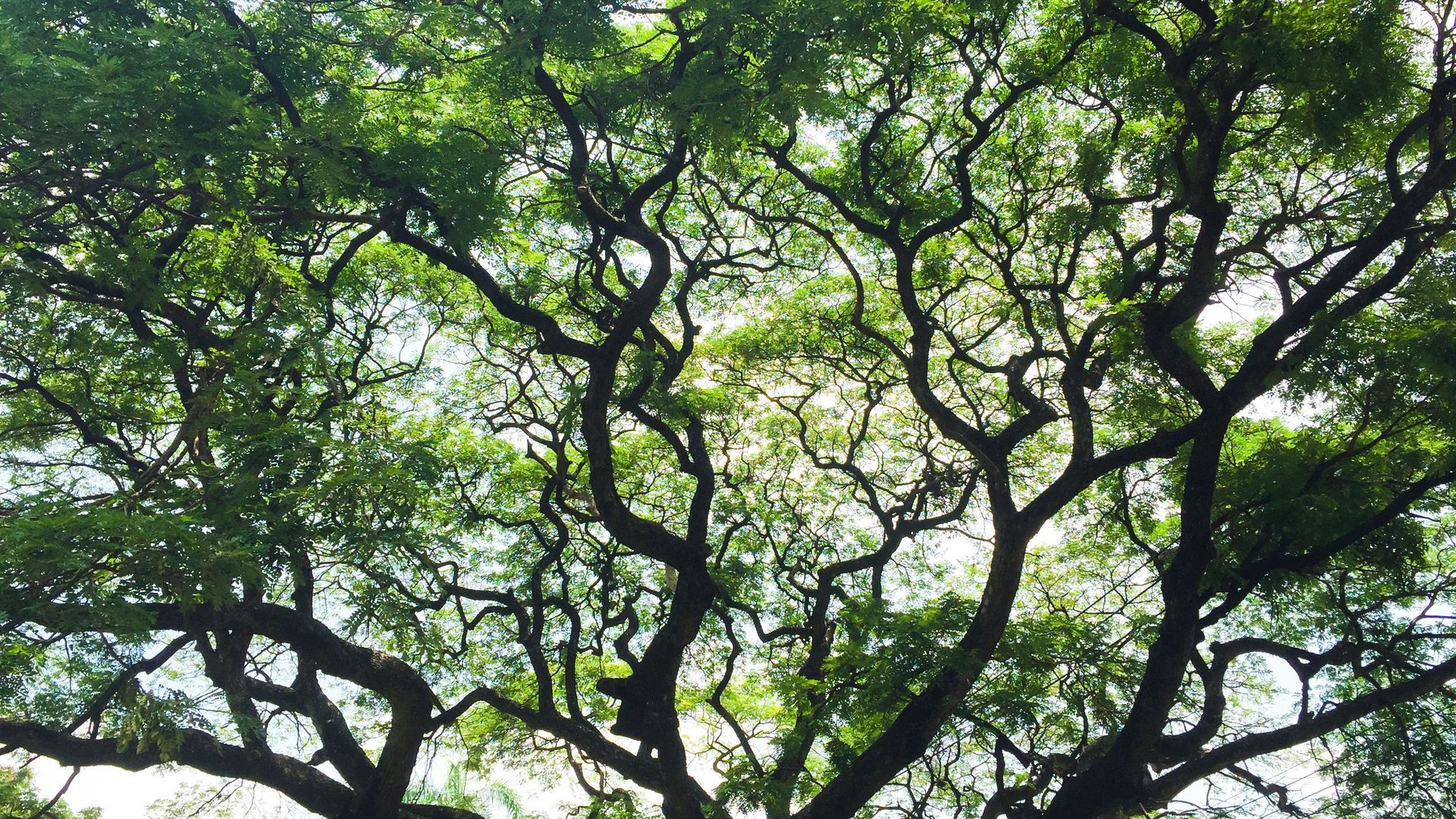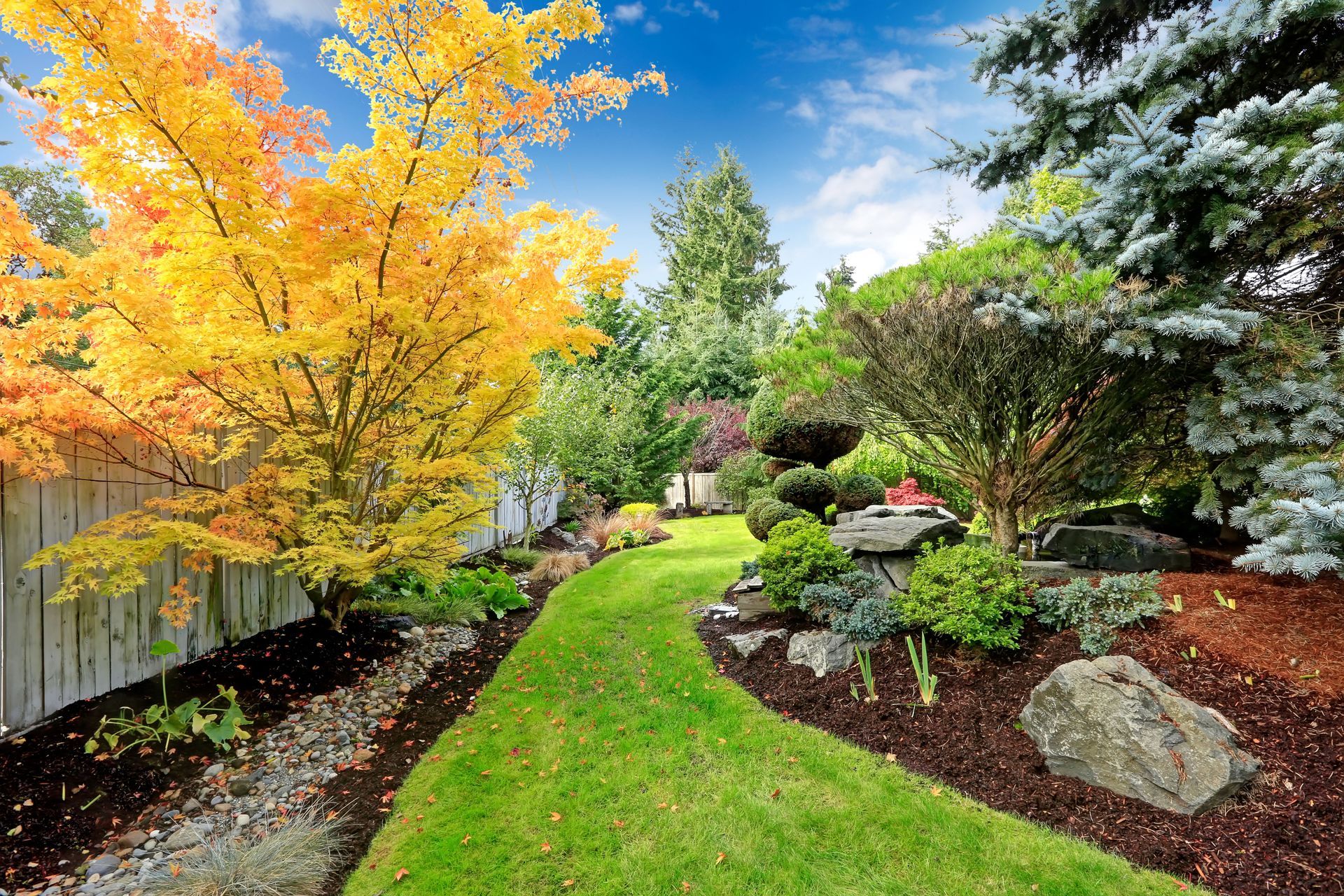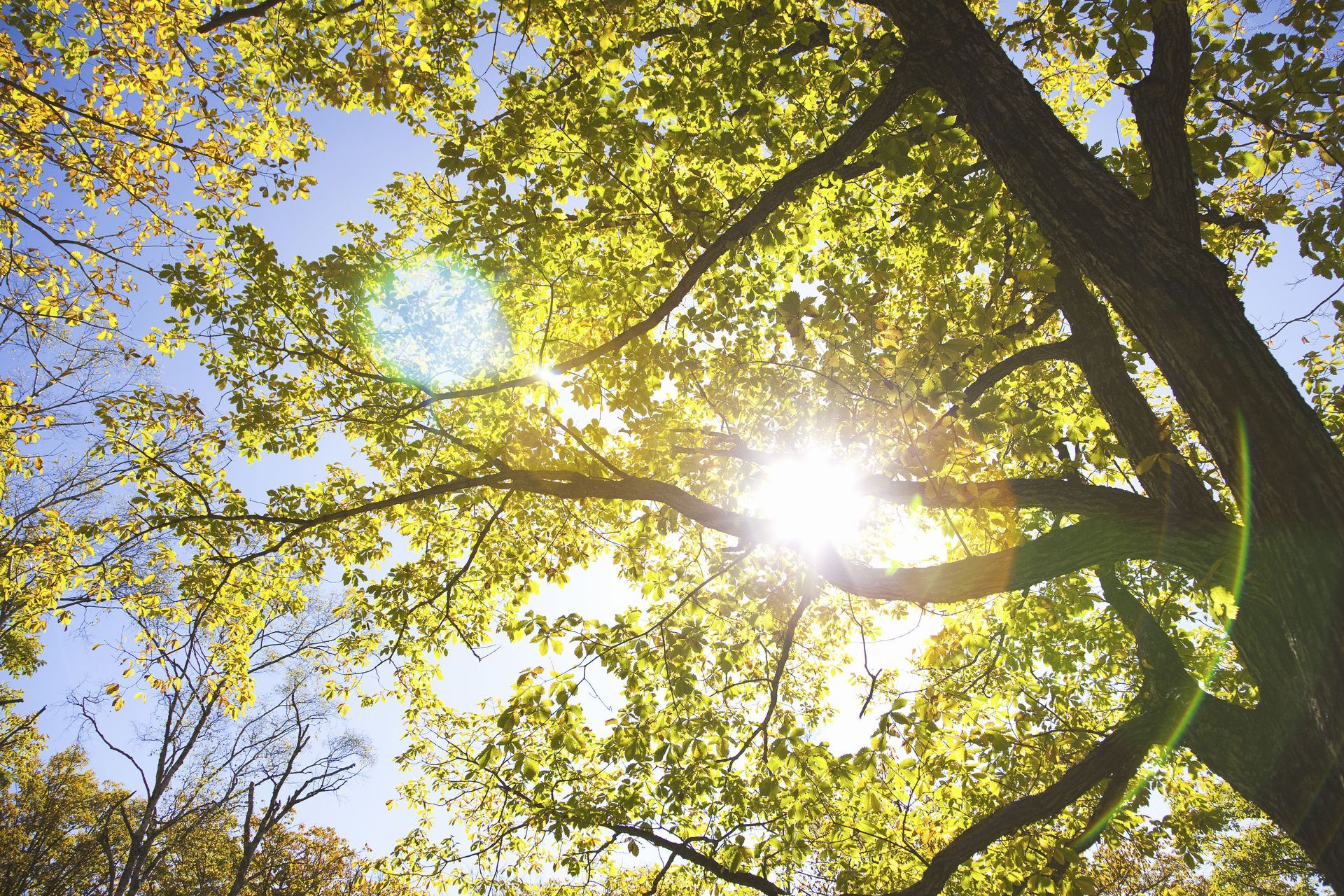What to Expect When Buying Edible Fruit Trees From a Local Plant Nursery
Learn the essentials of purchasing edible fruit trees from a local plant nursery, understand the benefits, navigate the selection process, and learn how to ensure long-term success for your garden.
Understanding Your Local Climate and Soil Conditions
Firstly, understanding your local climate and soil conditions is a fundamental step when buying edible fruit trees from a local plant nursery. The climate zone, which categorizes regions based on their average climatic conditions, plays a vital role in determining which fruit tree varieties will thrive. It's beneficial to research which USDA hardiness zone your area falls into, as this will help guide you in selecting trees that align with your local climate.
Soil types can significantly influence the growth and yield of fruit trees. Different soil compositions, such as sandy, loamy, or clay soil, possess unique properties that affect water retention and nutrient availability. Assess the soil in your intended planting area, possibly by conducting a soil test, to understand its structure and pH level, helping you choose fruit trees that will be well-suited to grow in those conditions.
Microclimates within your area can also affect tree growth, and understanding these variations can be beneficial. According to LawnStarter, there are over 60,000 tree species worldwide, each adapted to specific environmental conditions. Identifying microclimates such as sheltered spots or sunny areas can guide you in placing your fruit trees where they have the best chance to thrive, while accounting for factors like wind exposure and sunlight.
Selecting the Right Fruit Tree Varieties
Furthermore, selecting the right fruit tree varieties involves considering numerous factors to match the attributes of the trees to your garden environment and needs. Popular fruit tree varieties in your area may already be a good indication of what grows well regionally. Consult local nursery staff for advice on native or commonly successful cultivars, as they often have rich knowledge and experience with plant care and selection.
Choosing between heirloom and modern cultivars can be another point of contemplation. Heirloom varieties often boast unique flavors and contributions to biodiversity, but modern cultivars may offer improved disease resistance and higher yields. Weighing the pros and cons of each type can help align your purchase with your gardening goals, whether for conserving heritage varieties or maximizing production and ease of care.
Pollination requirements and disease resistance are critical considerations when selecting fruit trees. Some fruit trees require cross-pollination between different varieties to bear fruit effectively. Ensure you accommodate these needs by planting compatible trees nearby and selecting varieties known for their resistance to local pests and diseases to reduce the maintenance workload and increase the likelihood of a successful harvest.
Assessing Tree Quality at the Nursery
Additionally, assessing the quality of trees at a local plant nursery is an important part of ensuring you pick healthy and robust plants for your garden. Look for signs of healthy roots and foliage, such as vibrant leaves without discoloration and a strong, well-developed root system. A thorough examination can prevent the future disappointment of purchasing a tree that may already be struggling or prone to disease.
Checking for diseases and pests before buying is crucial to avoid introducing problems to your garden. Examine trees closely for signs of insect damage, fungal infections, or unusual growth patterns that could indicate underlying health issues. Educating yourself on common pests and diseases in your region can help you recognize and avoid them when selecting your fruit trees at the nursery.
Understanding the age and maturity of trees is another factor to consider, as younger trees may take longer to bear fruit compared to more mature specimens. However, older trees can be more expensive and might be more challenging to transplant without causing stress. Balance these considerations with your gardening timeline and budget to select trees that suit both your immediate and long-term gardening needs.
Cost Considerations and Budgeting
Continuing, budgeting for your fruit tree purchase requires an understanding of the average pricing for different varieties. Costs can vary widely depending on the species, size, and maturity of the tree, as well as regional price differences. By researching and comparing prices from multiple nurseries, you can find the best deal while ensuring the quality of the trees you choose.
Consider both the one-time costs of purchasing and planting your fruit trees and the long-term investments in terms of maintenance and care. While initial tree costs are often evident, ongoing expenses such as fertilization, pest control, and potential replacements should be factored into your budget. By planning financially for these elements, you can ensure a sustainable gardening venture over time.
Exploring discounts and bulk purchase options can be a smart strategy for reducing expenses. Some nurseries offer promotions for buying multiple trees or seasonal discounts that provide a cost-saving opportunity. Inquire about these options as well as any financial tips the nursery offers to first-time buyers who might be working with a stricter budget.
Transportation and Planting Challenges
In addition, transporting trees from a local plant nursery to your home can pose practical challenges that require careful preparation. Taking measures to protect the trees during transport can prevent damage to tender branches and roots. Having the appropriate vehicle and using supportive materials such as tarps and padding can help ensure a safe journey for your new plants.
Proper planting techniques are essential for achieving optimal growth of your fruit trees once they're home. Preparing the soil, digging the right-sized hole, and ensuring the correct planting depth are all critical tasks that influence how well the tree will establish itself. Following nursery guidelines or consulting gardening resources can help you execute these steps effectively.
Dealing with transplant shock is another concern when planting new trees. The stress of moving from nursery conditions to your garden can affect tree health, but taking steps like proper watering, mulching, and shading can mitigate these challenges. Timing your planting to coincide with the best season for your climate, often early spring or fall, can further reduce transplant shock.
Building a Relationship with Your Local Plant Nursery
Developing a strong relationship with your local plant nursery can greatly enhance your fruit tree purchasing and gardening experience. Many nurseries offer consultation and advisory services to help you choose the best trees for your needs and conditions. Building rapport with nursery staff gives you access to expert advice and a resource for continued support as your garden grows.
Understanding the support and guarantees offered by nurseries can provide peace of mind when buying new plants. Some nurseries offer guarantees or replacement policies if a tree fails to thrive, offering added security for your investment. Inquire about these policies before purchasing and take advantage of any guidance or maintenance tips offered as part of after-sales service.
Participating in workshops and educational opportunities provided by the nursery can expand your gardening knowledge and skills. These programs often cover topics like pest control, pruning techniques, and sustainable gardening practices, enhancing your ability to care for your fruit trees effectively.
Buying edible fruit trees from a local plant nursery involves thoughtful planning and consideration of various factors such as climate, tree quality, and budget. Developing a knowledgeable relationship with your nursery can enhance your gardening success and ensure a fruitful harvest. With the right preparation and support, you’ll be on your way to enjoying the growth and harvest of fresh fruits from your garden. Contact Midpark Nurseries, Inc today for more information.






Share On: